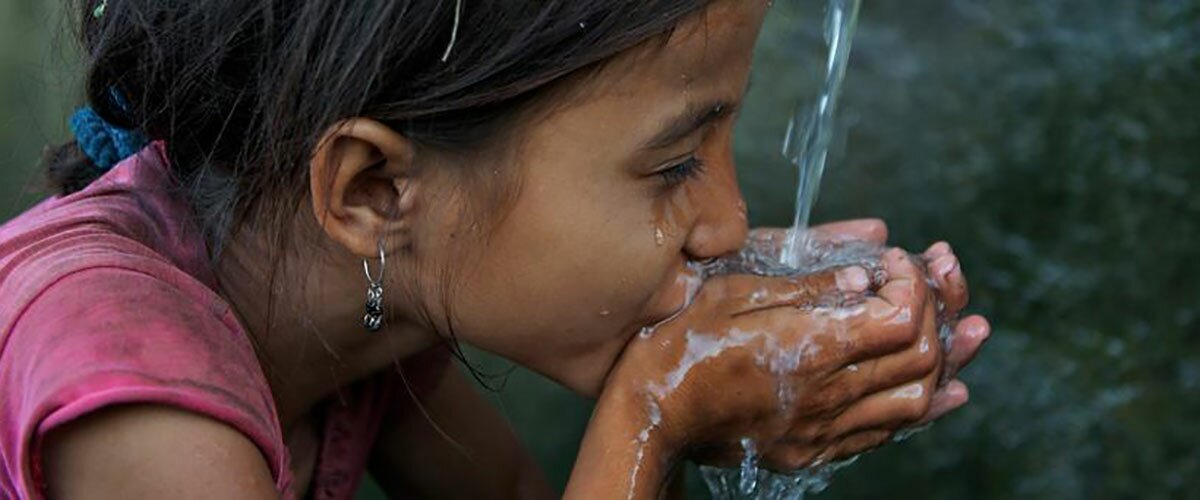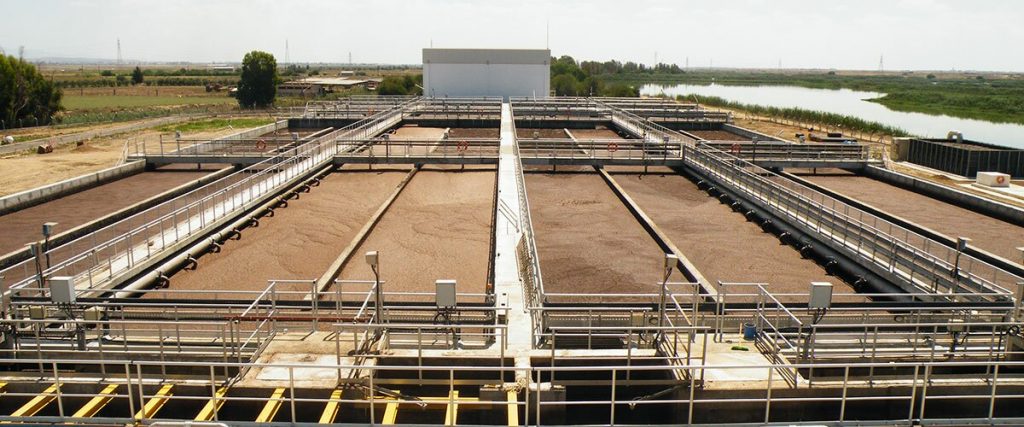
Water is the essential building block of life. But it is more than just essential to quench thirst or protect health; water is vital for creating jobs and supporting economic, social, and human development.
Today, there are over 663 million people living without a safe water supply close to home, spending countless hours queuing or trekking to distant sources, and coping with the health impacts of using contaminated water.
2017 Theme: Why Wastewater?
This year, we focus on wastewater and ways to reduce and reuse as over 80% of all the wastewater from our homes, cities, industry and agriculture flows back to nature polluting the environment and losing valuable nutrients and other recoverable materials.
We need to improve the collection and treatment of wastewater and safely reuse it. At the same time, we need to reduce the quantity and pollution load of wastewater we produce, to help protect the environment and our water resources.
Sustainable Development Goal 6 – ensuring availability and sustainable management of water and sanitation for all by 2030 – includes a target to halve the proportion of untreated wastewater and increase water recycling and safe reuse.
FACTS:
- Globally, over 80% of the wastewater generated by society flows back into the ecosystem without being treated or reused. (Sato et al, 2013)
- 1.8 billion people use a source of drinking water contaminated with faeces, putting them at risk of contracting cholera, dysentery, typhoid and polio. Unsafe water, poor sanitation and hygiene cause around 842,000 deaths each year. (WHO/UNICEF 2014/WHO 2014)
- The opportunities from exploiting wastewater as a resource are enormous. Safely managed wastewater is an affordable and sustainable source of water, energy, nutrients and other recoverable materials.
Background
International World Water Day is held annually on 22 March as a means of focusing attention on the importance of freshwater and advocating for the sustainable management of freshwater resources.
An international day to celebrate freshwater was recommended at the 1992 United Nations Conference on Environment and Development (UNCED) in Rio de Janeiro. The United Nations General Assembly responded by designating 22 March 1993 as the first World Water Day.
The United Nations General Assembly adopted resolution A/RES/47/193 of 22 December 1992 by which 22 March of each year was declared World Day for Water, to be observed starting in 1993, in conformity with the recommendations of the United Nations Conference on Environment and Development (UNCED) contained in Chapter 18 (Fresh Water Resources) of Agenda 21.
States were invited to devote the Day, as appropriate in the national context, to concrete activities such as the promotion of public awareness through the production and dissemination of documentaries and the organization of conferences, round tables, seminars and expositions related to the conservation and development of water resources and the implementation of the recommendations of Agenda 21.
Why a World Water Day?
World Water Day is an international observance and an opportunity to learn more about water related issues, be inspired to tell others and take action to make a difference. Each year, UN-Water — the entity that coordinates the UN’s work on water and sanitation — sets a theme for World Water Day corresponding to a current or future challenge. The engagement campaign is coordinated by one or several of the UN-Water Members with a related mandate.

